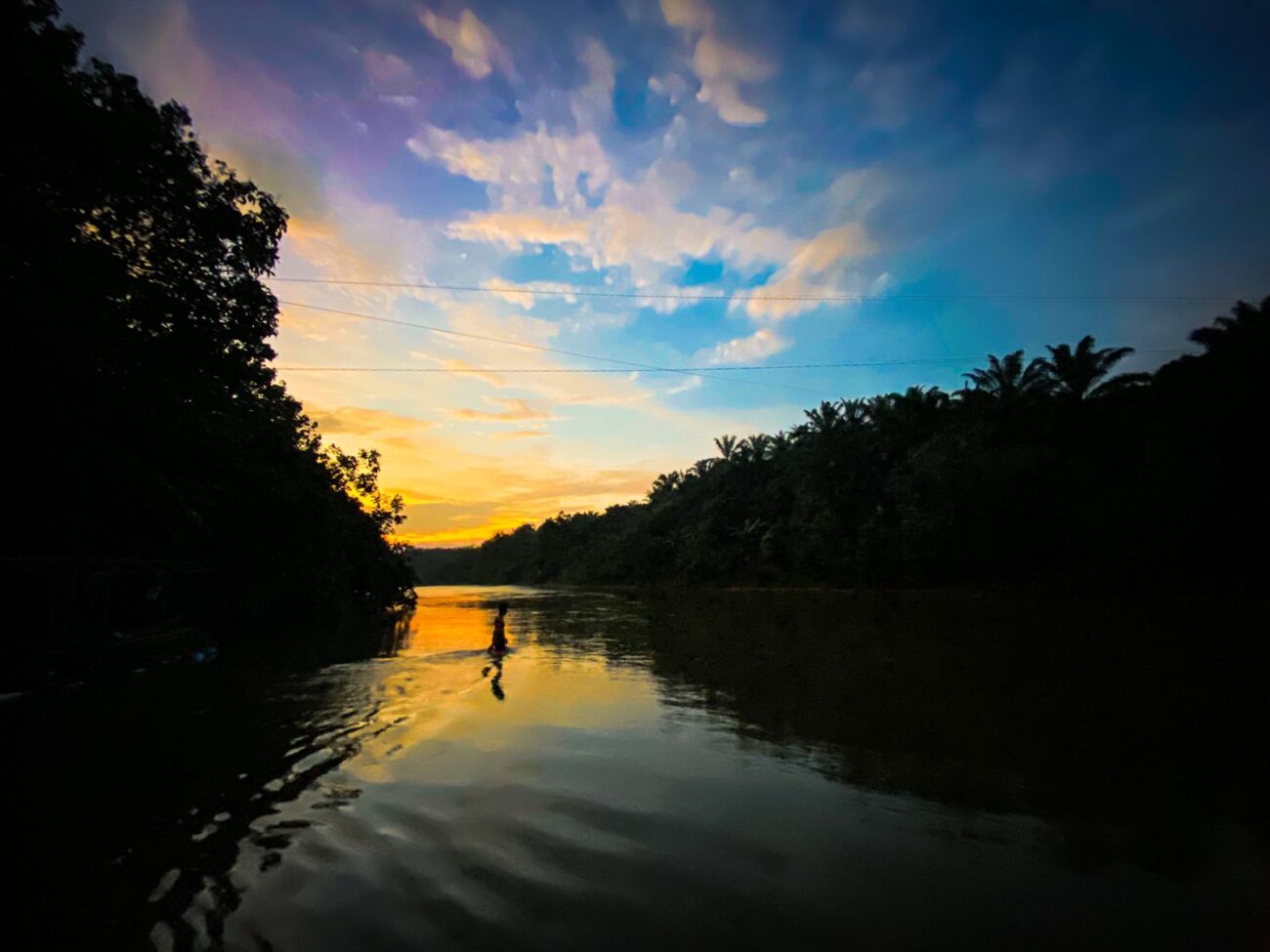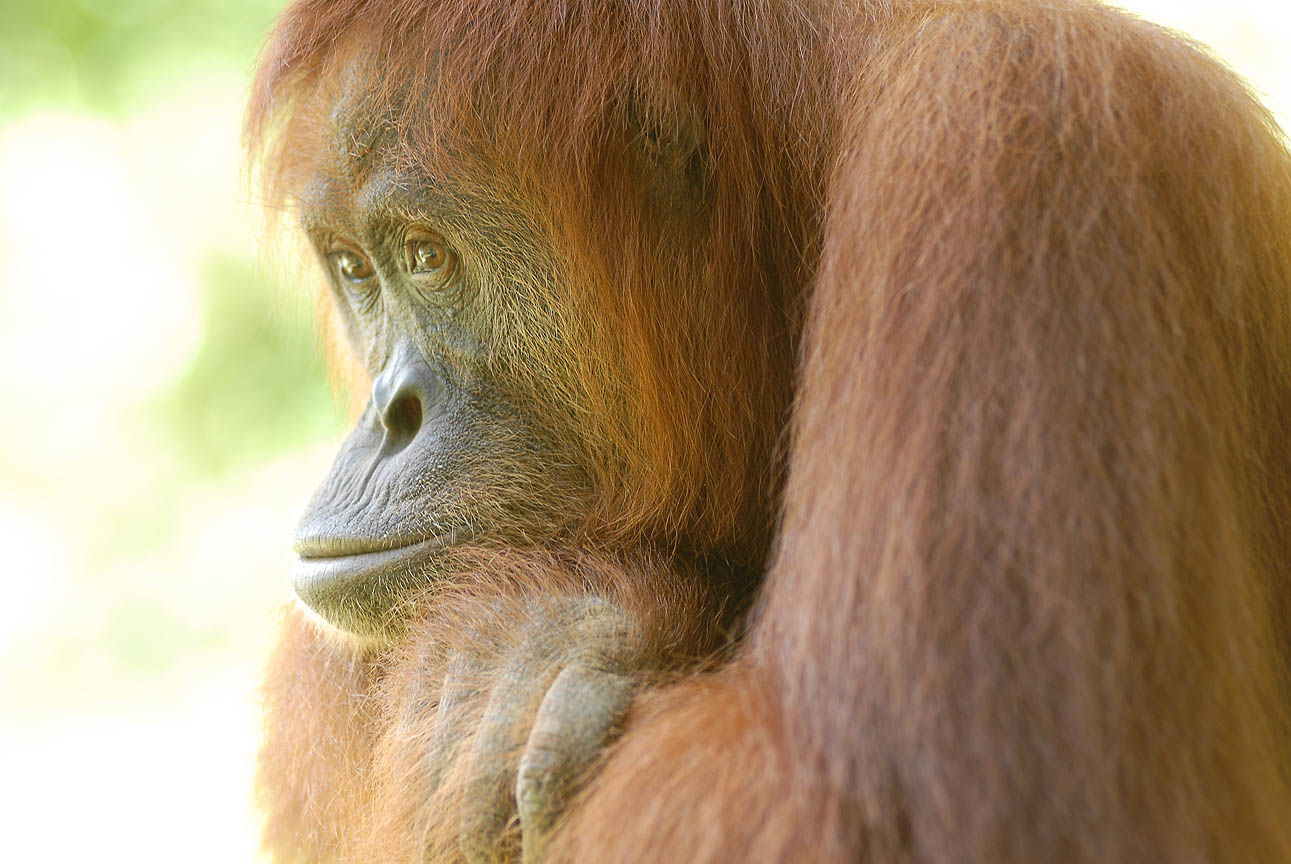Understanding the latest IPCC report.
The IPCC's latest report gives a stark insight into the challenges ahead for preventing climate catastrophe, but there is still more we can all do.What is the IPCC report?
The IPCC (Intergovernmental Panel on Climate Change) is the UN body responsible for assessing the science relating to climate change. On 4th April 2022, they released the third instalment of their sixth assessment report since 1988. The report covers ways of reducing greenhouse gas emissions and follows a first section published last August that warned human changes to the climate were becoming irreversible; and a second section, published at the end of February, warning of catastrophic impacts of the climate crisis.
What does the third report say?
The key points from the report are as follows.
- The world now has only a very slim chance of keeping global heating to 1.5C above pre-industrial levels.
- The world is falling far behind on making the changes needed for a low-carbon global economy.
- It is now ‘almost inevitable’ that global heating will go beyond 1.5C, but if countries seek to drastically reduce carbon emissions in the decade to 2030, this increase beyond 1.5C could be temporary.
- The world must reach net zero emissions by 2050 for the global heating increase to remain temporary and for global heating to decrease by the end of this century.
How does this relate to orangutans and rainforests?
Orangutans are gardeners of the rainforest, making them vital in the fight against the climate crisis. Rainforests and peat swamps, where orangutans live, store huge amounts of carbon. Keeping orangutan populations healthy helps to keep rainforests healthy, and vice versa, and this knowledge is at the heart of our work to build resilience for orangutans and rainforests. In other words, rainforests are incredible places which hold one of the keys to a liveable future on this planet, and we will continue to play our part in keeping them that way.
What can individuals do to help?
Recent research shows that for those of us who have the economic privilege (often the same people who are responsible for the highest carbon emissions) to do so, six key lifestyle changes can help tackle the climate crisis. These changes are:
- Eat a largely plant-based diet and avoid wasting food
- Buy no more than three new items of clothing per year
- Keep electrical products for at least seven years
- Take no more than one short haul flight every three years and one long haul flight every eight years
- Get rid of personal motor vehicles if you can – and, if not, keep hold of your existing vehicle for longer
- Make at least one life shift to nudge the system, like moving to a green energy, insulating your home or changing pension supplier
Alongside these personal changes, we can all make a difference by supporting environmental campaigns and movements locally, nationally and internationally; voting for potential leaders who make strong commitments to tackling the climate crisis, and spending our money with companies who put environmental and ethical concerns at the forefront of their business models.
To support us and our partners in keeping orangutans and their rainforest homes thriving, please donate below.

